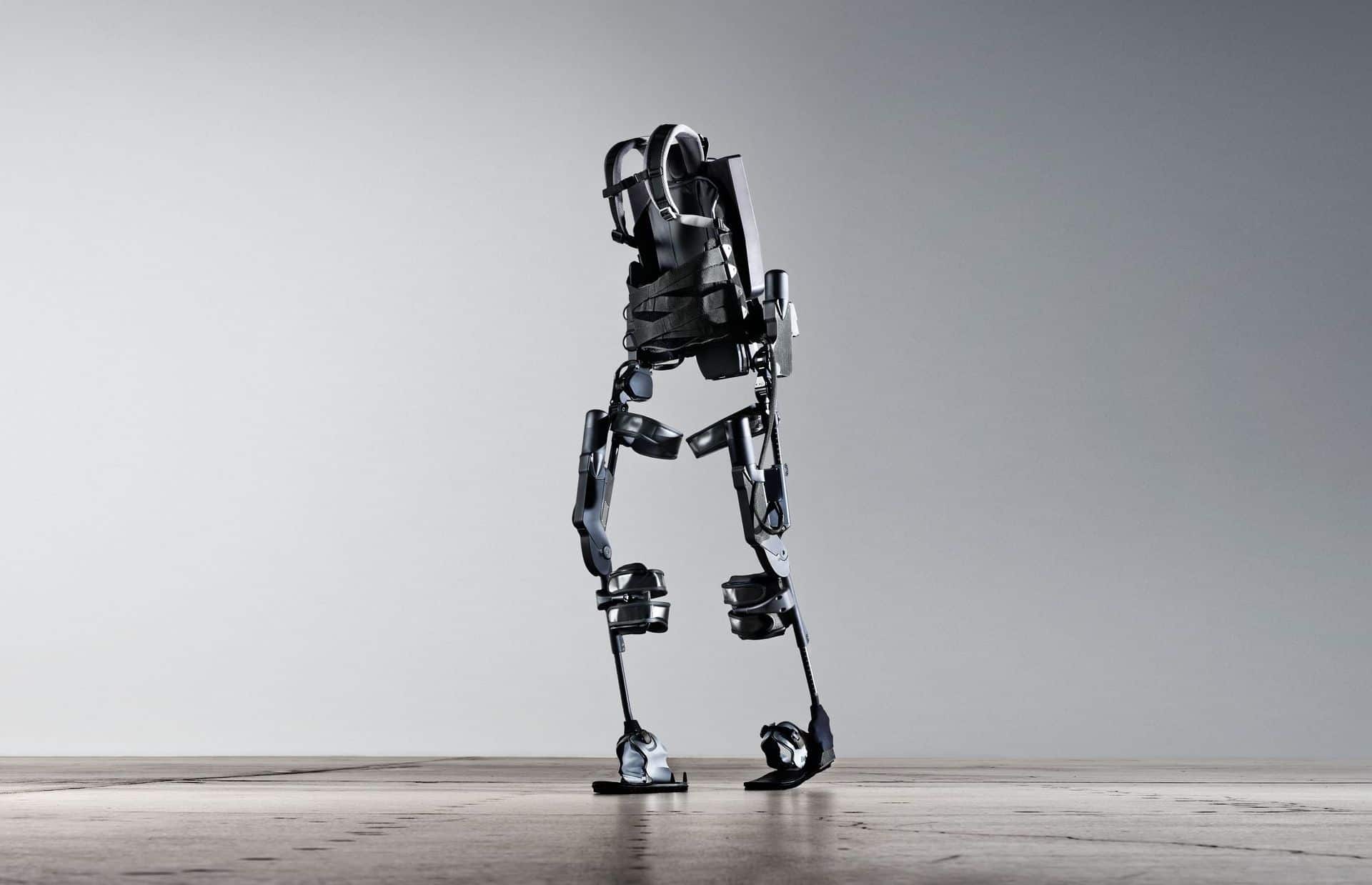A podcast about how the two nations,
once friends, are now foes.
Hear why things are so complicated now. Host Jane Perlez, former New York Times Beijing bureau chief, talks with diplomats, spies, cultural superstars like Yo Yo Ma, and more to understand why the dangers are so high, and why relations went awry.

